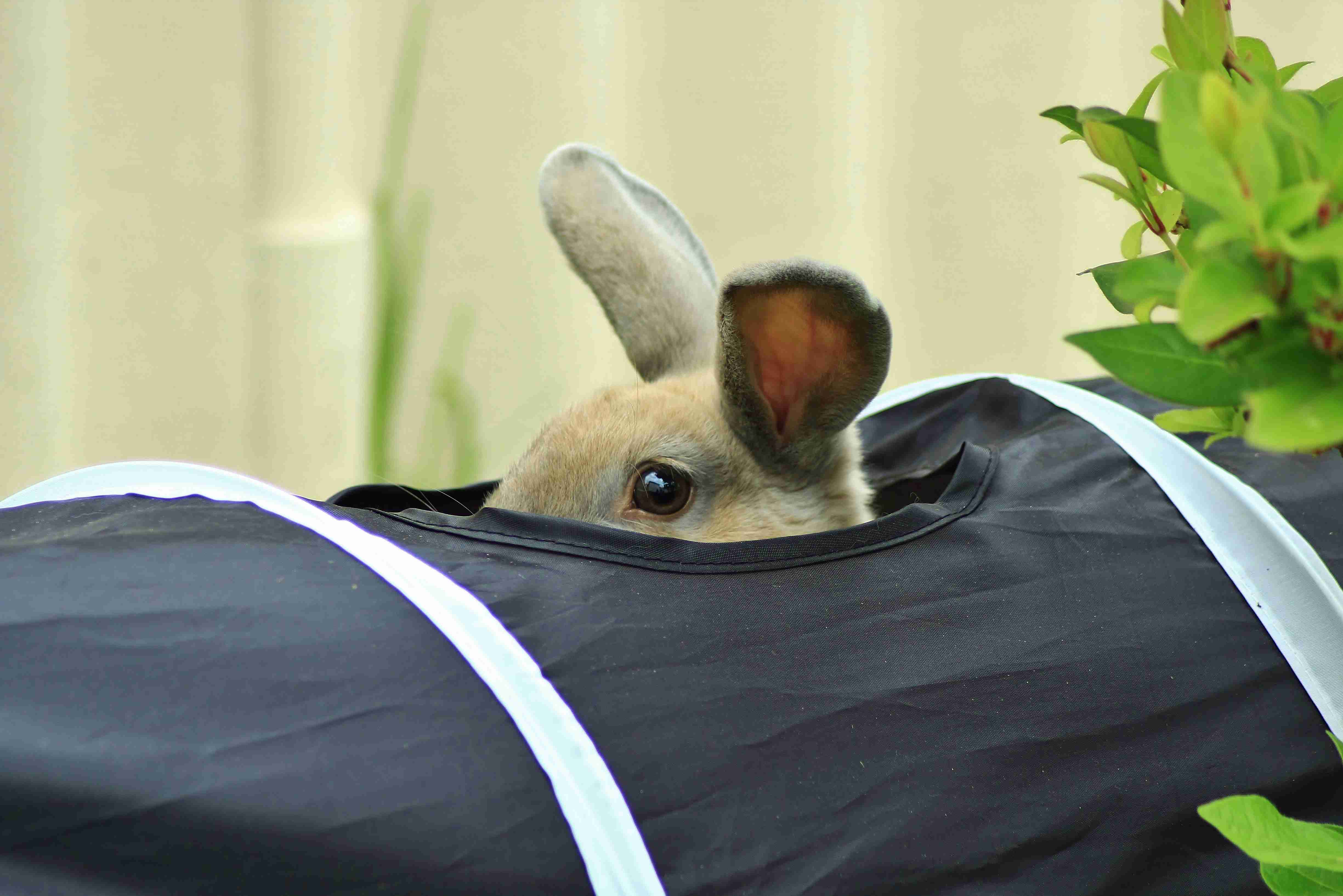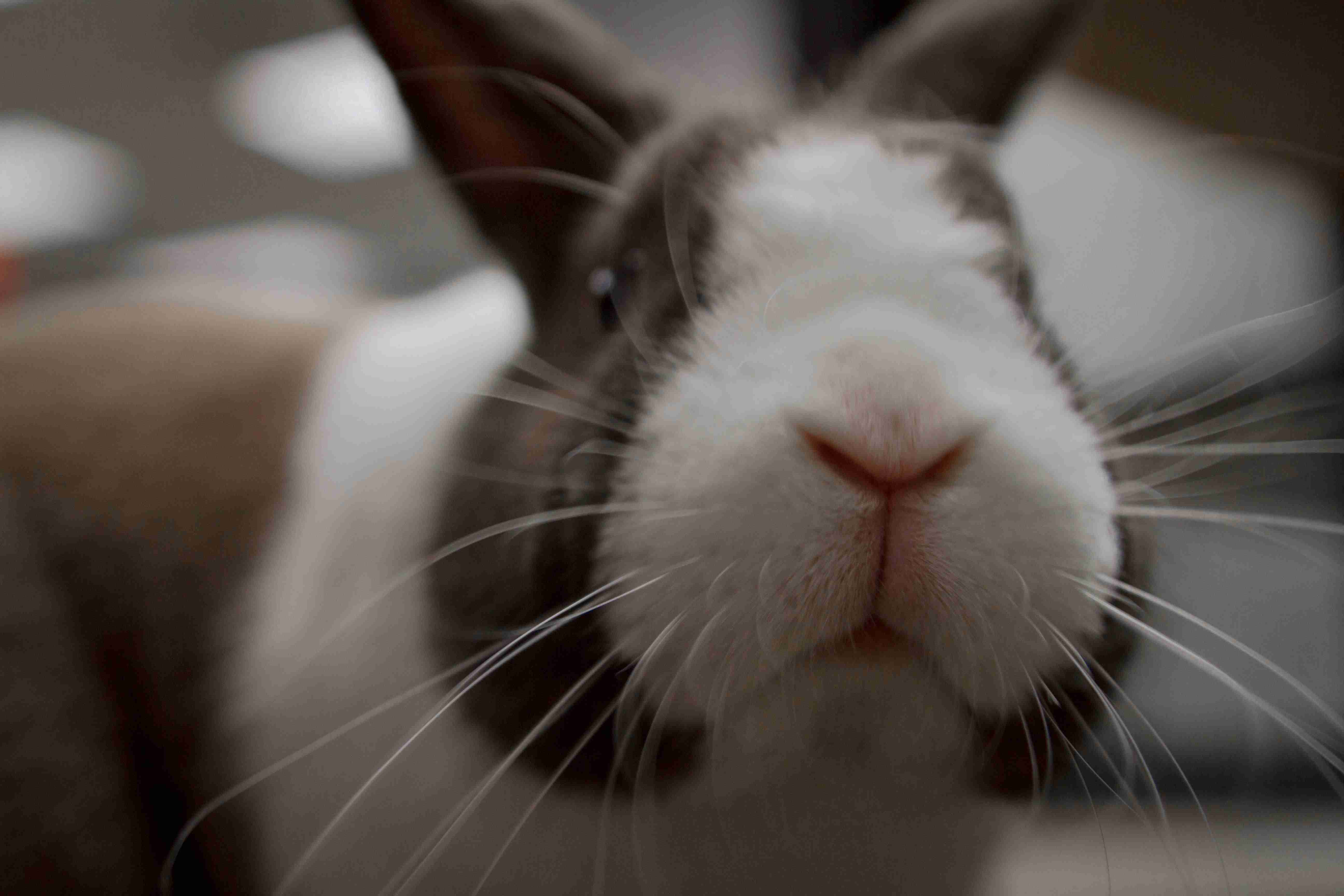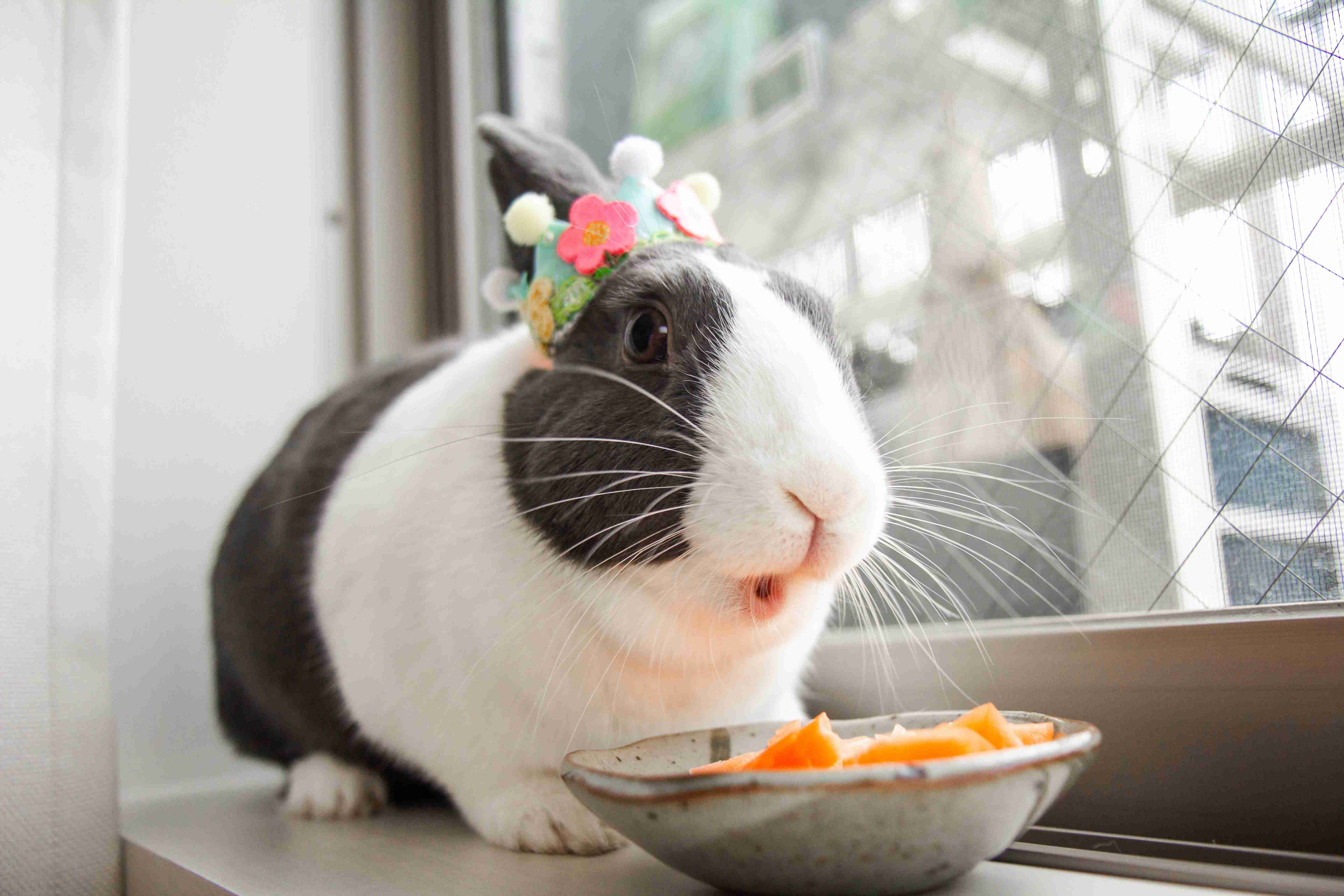Rabbits are adorable and popular pets for both adults and children, but like any other animal, they can develop health problems. One of the most concerning issues that can arise with rabbits is neurological problems. These problems can be challenging to detect, as rabbits are prey animals and may not show signs of illness until it’s too late. Therefore, it’s crucial to be aware of the warning signs of neurological issues in rabbits. In this blog post, we will discuss the symptoms of neurological problems in rabbits and what actions you can take to help your furry friend get back to good health. So, let’s dive into the world of rabbit health and learn how to keep our beloved pets happy and healthy!
Rabbits are cute and lovable creatures that make great pets. However, like any other animal, they are susceptible to various health problems. One of the most concerning issues that can affect rabbits is neurological problems. These issues can range from mild to severe and can have a significant impact on a rabbit’s quality of life. To help you identify potential neurological problems in your pet rabbit, here are some warning signs to watch out for:
1. Head tilt: This is one of the most common signs of a neurological problem in rabbits. If you notice that your rabbit’s head is tilted to one side or the other, it could be a sign of an issue with their balance or coordination.
2. Loss of balance and coordination: Another common sign of a neurological problem is a loss of balance and coordination. If your rabbit is having trouble walking or seems unsteady on their feet, it could be a sign of an underlying neurological issue.
3. Seizures: Seizures are a severe symptom of neurological problems in rabbits. If your rabbit begins to have seizures, seek veterinary care immediately.
.jpg)
4. Weakness or paralysis: If your rabbit suddenly becomes weak or paralyzed, it could be a sign of a neurological problem. This could manifest as a sudden inability to move their legs or an inability to use the litter box.
5. Changes in behavior: Rabbits with neurological problems may display changes in behavior. They may become less active, less interested in food, or show signs of depression.
6. Eye problems: Neurological issues can also affect a rabbit’s eyesight. If you notice that your rabbit is having trouble seeing or has developed a cloudy eye, it could be a sign of a neurological issue.
If you notice any of these symptoms in your rabbit, it is essential to seek veterinary care right away. A veterinarian can perform a thorough examination and determine the underlying cause of the problem. In some cases, neurological issues can be treated with medication or other interventions. However, prompt diagnosis and treatment are critical to ensure the best possible outcome for your pet.
Overall, neurological issues in rabbits can be alarming and potentially life-threatening. However, by knowing the warning signs and seeking prompt veterinary care, you can help ensure that your pet stays healthy and happy. If you suspect that your rabbit may have a neurological issue, don’t hesitate to reach out to your veterinarian for help.
In conclusion, it is essential to remember that early detection and treatment are crucial in ensuring the best possible outcome for rabbits with neurological issues. If you suspect your rabbit is displaying any of the warning signs discussed in this post, it is important to seek veterinary care immediately. By staying informed and proactive, you can help your furry friend live a happy and healthy life. Remember, your rabbit depends on you for their well-being, so always be vigilant and attentive to any changes in their behavior or habits.


.jpg)

.jpg)

.jpg)

